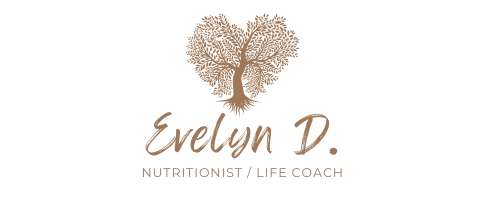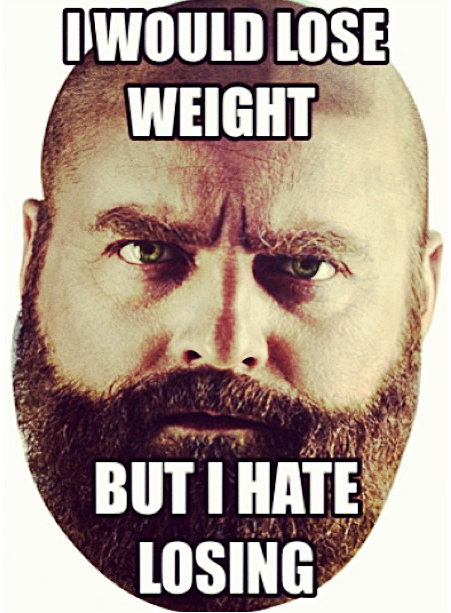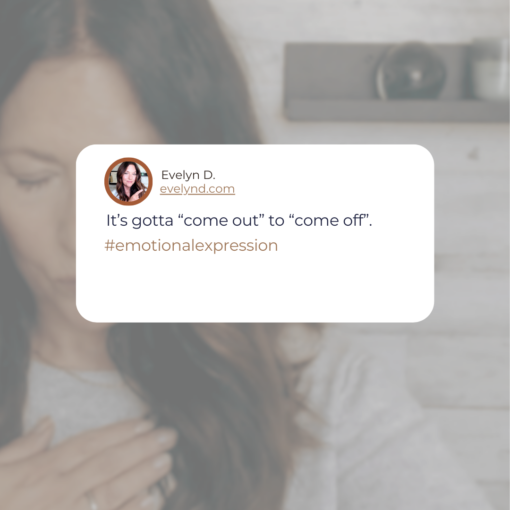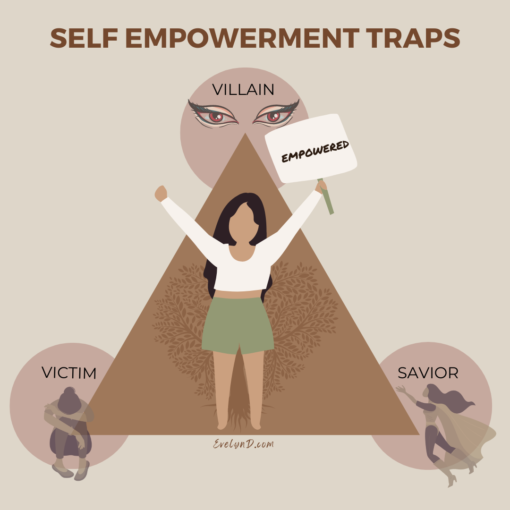How you recover after overeating, over-drinking (or over-anything) makes ALL the difference when it comes to your success in reaching your goals and/or maintaining a healthy balance. Whether those goals include fat loss, improving your relationship with food (or alcohol) or healing in general.
I’ve broken this down into 3 essential actions and an easy mind trick to help you next time it happens…one usually builds off the other just like the alphabet so I’ve made this as easy to remember as ABC.

A: ASSESS
Rather than sweep what happened under the rug or beat yourself up, go back in your mind or on paper to assess what happened in a neutral, factual & ‘non-judge-y’ way.
Let’s say it was a ‘day from hell’ and you got home and decided to down an entire tub of ice cream (or a bottle of wine, or insert favorite go-to here).
Your tendency may be to pretend it didn’t happen OR to obsess over what happened – making it mean there’s something seriously wrong with you – that you’re hopeless.
Or maybe you think a bit of both…
What I want you to do instead is step back and assess the following:
- What feelings were you trying to avoid experiencing?
- What thoughts or stories (also known as reasons or excuses) did your brain come up with to justify the overeat/over-drinking?
- What thoughts, feelings and consequences followed the experience – the “aftermath”?
In the example I started with above, the answers to these questions might be:
- Feelings: Overwhelm, hopelessness, tension, anxiety, dread, release
- Thoughts/Stories: I deserve this. What a day! I feel lonely. I want it. I need this. It doesn’t matter.
- Aftermath: Shame, regret, hopelessness, confusion, self-loathing (plus physical consequences such as hangover, bloating, weight gain, lethargic, cravings or stall, etc..)
B: BE HONEST
There’s a fine line between taking full responsibility for your actions and beating the crap out of yourself when you make a misaligned choice.
The same fine line exists when you ‘let things go’ versus ‘living in denial’ – or acting as if the choice was out of your control.
So you have to be VERY honest with yourself…Find the authentic, deeper truth that’s inside of you and go there.
This is where your power is.
Honestly ask your Self:
- Was it worth it?
- Why did I really make that choice?
- What would I do differently and why? What do I truly desire for myself?
Let’s stick with our example:
- Was it worth it? Heck no! Although I felt the initial release of tension and I felt momentary pleasure at first bite/sip, the way I felt afterward was awful…waaaaayyyy worse than I felt originally – and now I have to deal with all of these consequences.
- Why? I’ve practiced this so many times, it felt very automatic and out of my control, but ultimately, I KNOW that I CHOSE to put X into my mouth and over-consume it.
- True Desire: I would like to be free of this behavior. I also have a bigger goal to X (lose weight, end emotional eating, stop overdrinking, heal gut, etc..) and I see that this behavior is slowing me down and/or hindering my progress.
C: CHOOSE
Once you take full ownership for your behavior, patterns and habits, you’re fully empowered. Now all you have to do is CHOOSE what you really want instead of the old behavior or temporary pleasure you’re so accustomed to.
This requires patience, practice and persistence – NOT because you’re weak – this is just how we’re wired as humans.
You need to rise above the subconscious brain programming that have conditioned you to soothe uncomfortable feelings like tension, anxiety, overwhelm, humiliation, rejection, loneliness, boredom, despair, etc..and make the higher brain choice with food or alcohol.
In the example used earlier, this means choosing to feel the overwhelm and process the negative energy of the day’s tension in a balanced way. Perhaps with talking to someone, walking, going outside, moving, journaling, yoga, stretching, meditation, prayer, etc….
The point is to release this built up energy of emotion which has created discomfort in the body that you’re trying to mask, escape or avoid.
Another common challenge is the ‘social over-do”.
It’s the same thing.
You’re overeating or over-drinking socially because it’s uncomfortable to do anything but! It’s likely very well practiced. It feels good/tastes good too! You don’t want to stop and/or you don’t want to be different or get called out by your friends or feel bad for not partaking with the person/people you’re wit, etc, etc, etc….
Follow the same questions using the ABCs.
Your brain may come up with stories like,
“I don’t want so&so to be uncomfortable if I don’t have X or more.”
“I don’t want to stop now, this is too much fun.”
“Eff it! It’s a celebration.”
“YOLO! When will I be able to have this X again?”
“I HAVE to partake or I’ll feel squirmy, uncomfortable and won’t have fun.”
“I paid for it! Better get my money’s worth.”
“Fiddly-dee-dee, I’ll deal with it tomorrow!”
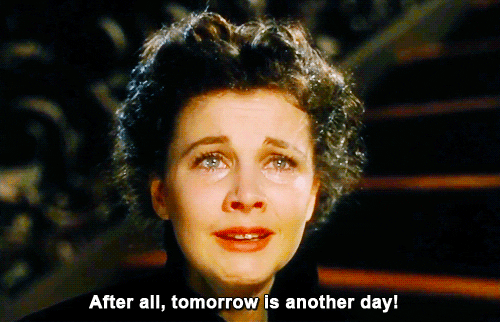
Are you OK with the consequences of over-doing it? It’s fine if you are – just own and accept that – and know that this could be keeping you stuck (scale, health and/or behavior wise).
If you’re NOT OK with the consequences and you want more, then you need to CHOOSE differently and you’ll need to practice feeling uncomfortable when you make those new, more aligned, healthier – likely less pleasurable choices….whether that be moderating or abstaining.
And if you do over-do it again (which you likely will), it’s no big deal. Go back to the ABCs and ASSESS, BE HONEST and CHOOSE the aligned choice the very next time this situation comes up again…
The more you practice, the more your lower, habit driven brain accepts that what you’re doing is OK – and the less it resists. Urges start to fade when you show the brain something different.
It takes a lot of reps to make these new neural grooves, so trust the process, trust yourself and be patient when you “mess up” (when you’re not “perfect”) along the way.
Let me know how you do!
